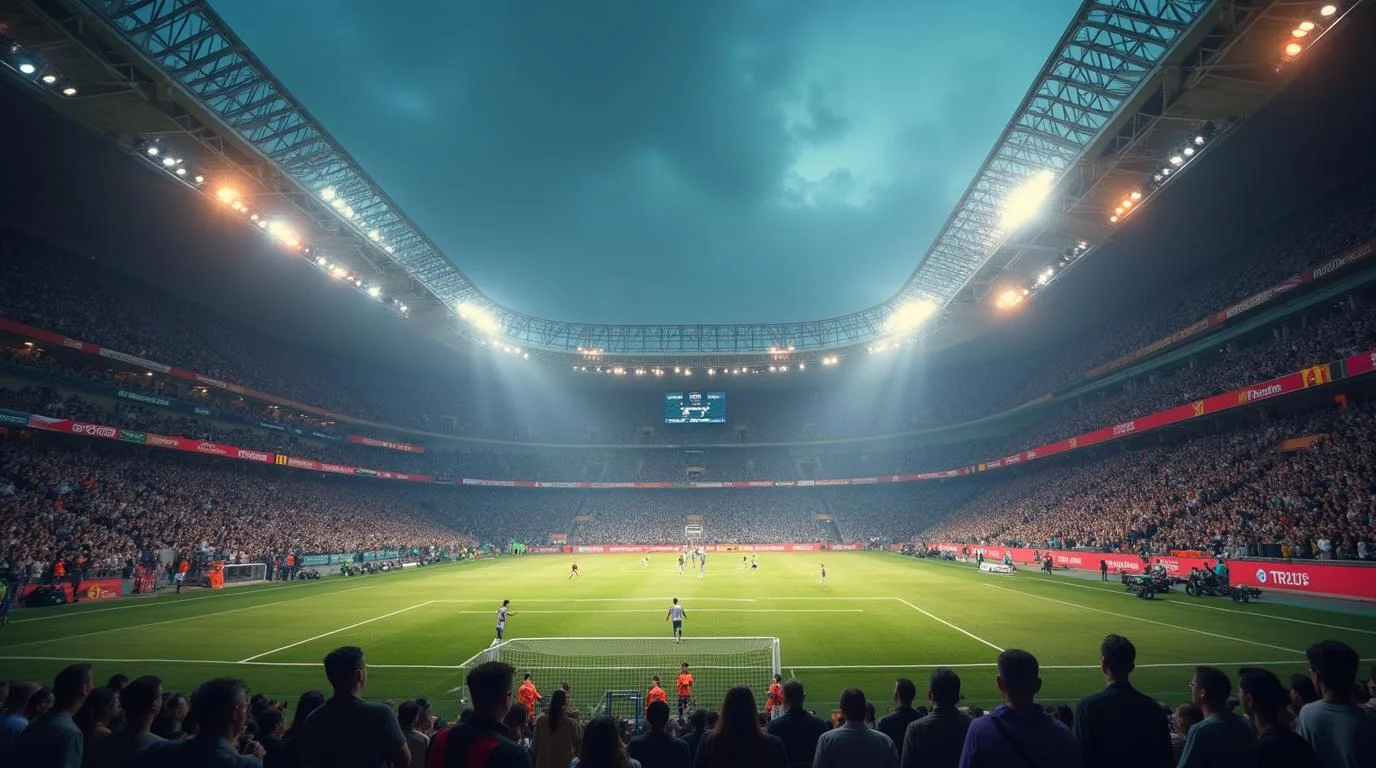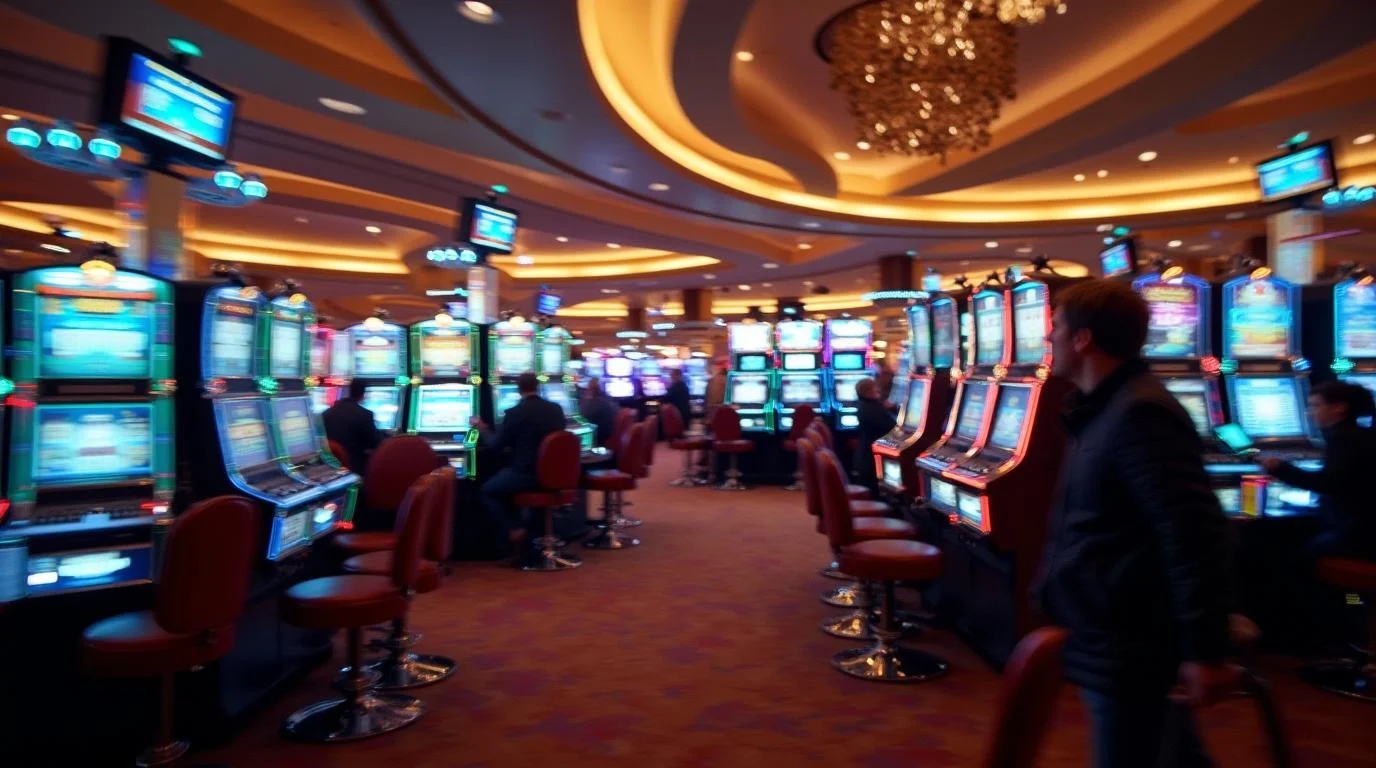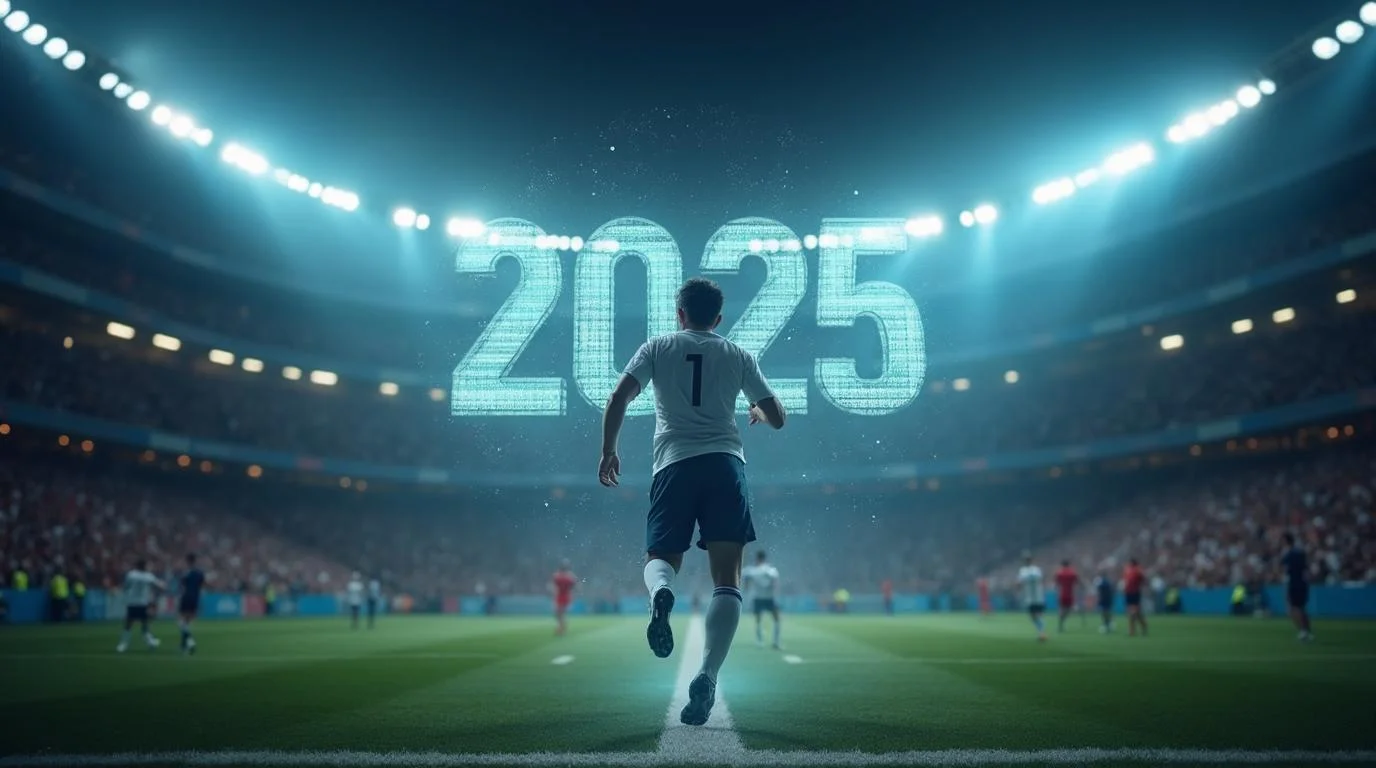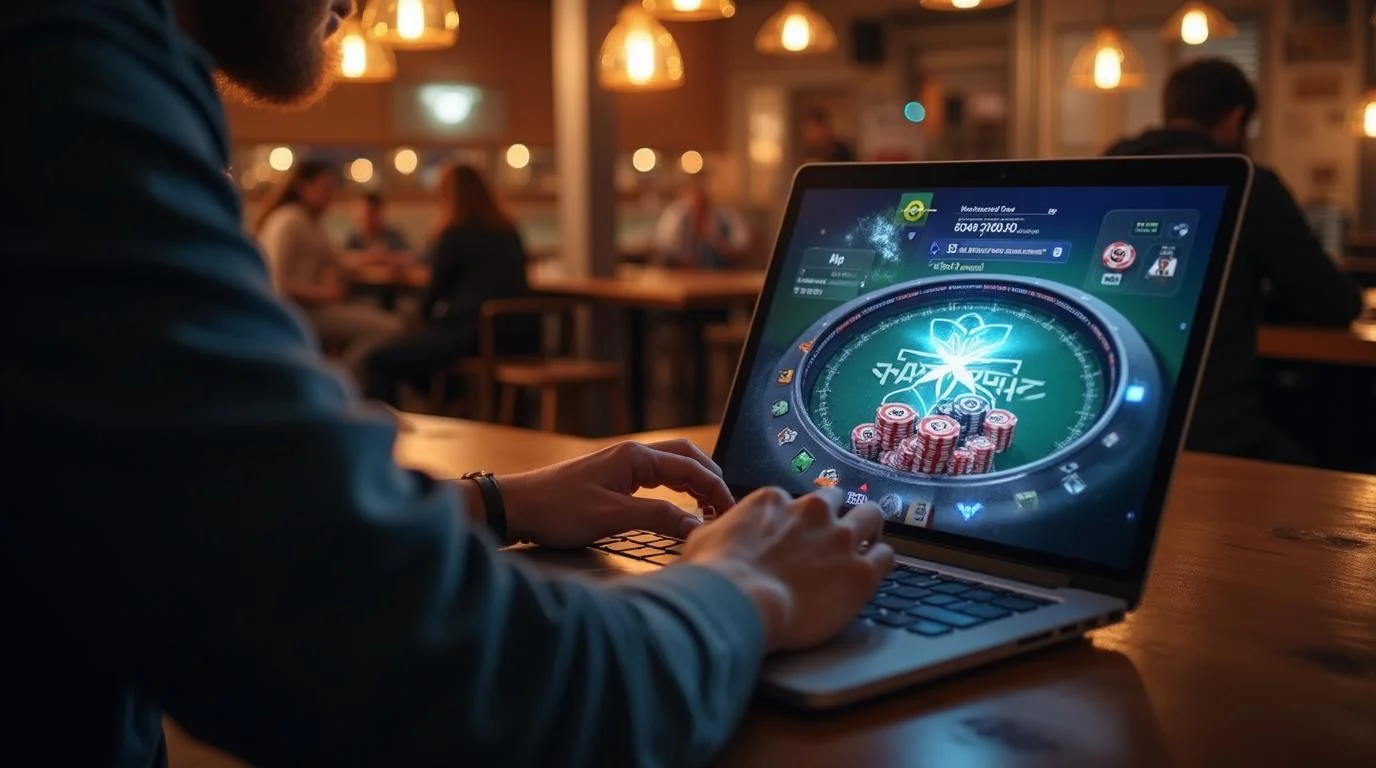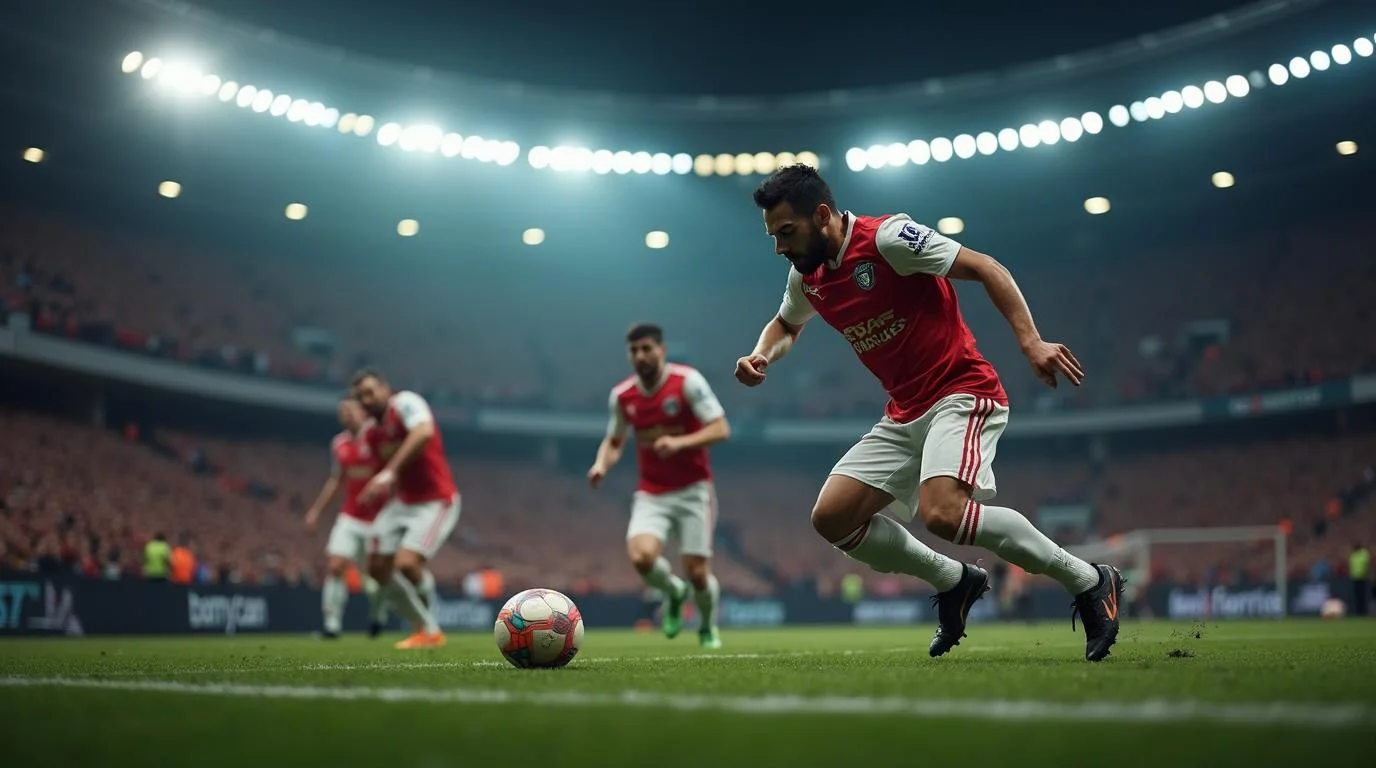US Casinos Report July Slowdown Amid Market Concerns
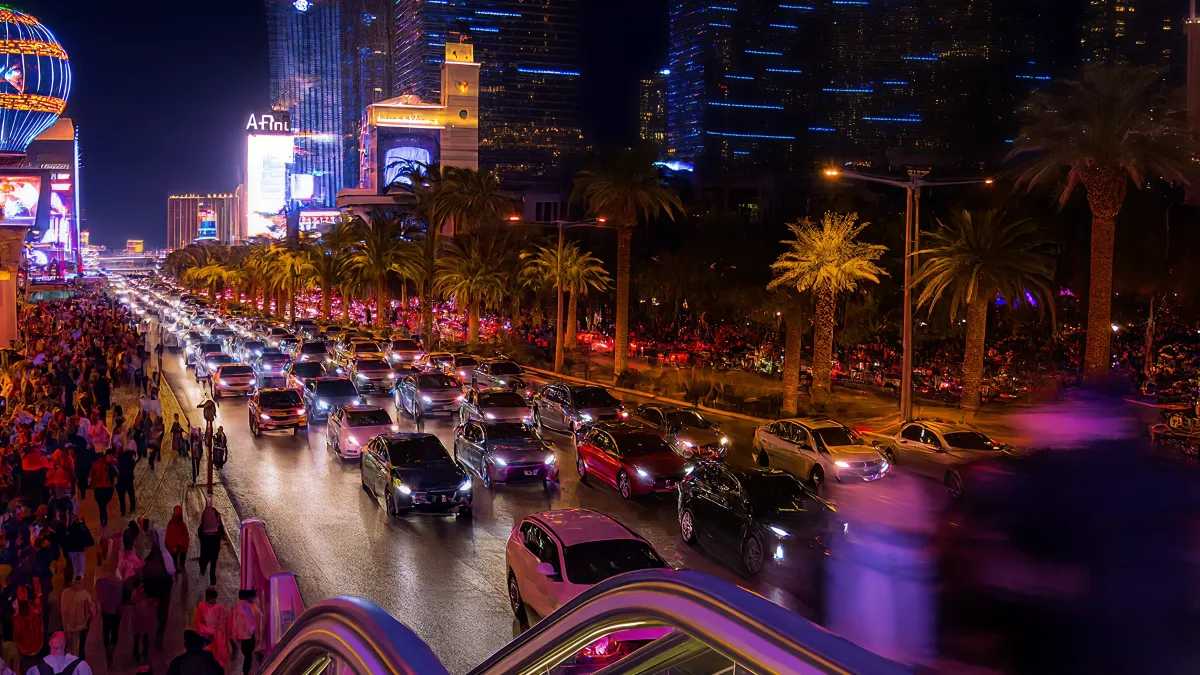
1.0
Default
Casinos all around the United States have reported a decrease in visitors for the month of July, and July has in fact been called the second-worst month of this year when it comes to foot traffic in casinos.
Casino visitation slowed sharply in July, marking the second-worst month for the US commercial gaming industry this year, according to data from Jefferies Equity Research. Foot traffic was down nearly 10% nationwide compared to July of 2024, raising concerns about Las Vegas' short-term prospects.
Sharp declines across major markets
David Katz, Jefferies Managing Director, reported that the July downturn was only eclipsed by February's slump in 2025. The slowdown was most pronounced in Illinois, where casino entries plunged more than 13% year over year. Atlantic City's nine casinos saw an 8.5% drop, while Detroit's three properties experienced an 8% decline. Nevada properties matched the national average, but the Strip's muted summer atmosphere has been drawing attention online.
Overall, casino visitation across the US remains nearly 20% below pre-pandemic 2019 levels. Analysts attribute these figures to a mix of macroeconomic challenges, changing consumer behavior, and competitive pressures from online gambling.
Las Vegas feels the pinch
Despite Las Vegas ending a four-month gross gaming revenue (GGR) decline in June, the July numbers - yet to be officially reported - are expected to show another negative turn. Over the past 12 months, GGR in Clark County is down by 1%, with the Strip's casino win 3% lower.
"Regional gaming is better positioned for growth in the near term compared to Las Vegas, where expectations for the Strip are confirmed to be low," noted Katz. This sentiment reflects a broader belief that regional casinos, which rely more on local markets than tourism, could rebound faster in the months ahead.
Economic signals offer mixed outlook
The US economy showed signs of life in the second quarter. According to the Bureau of Economic Analysis, real gross domestic product (GDP) grew by 3% after contracting by 0.5% in the first quarter of 2025. The gains were largely driven by a reduction in imports and stronger consumer spending, partially offset by weaker investment and exports.
However, the BEA also reported that inflation - measured by the price index for gross domestic purchases - rose 1.9% in the same quarter. While moderate, this uptick could weigh on discretionary spending, particularly for leisure activities such as casino gaming.
Online competition adds pressure
A growing concern for the brick-and-mortar industry is the rise of illegal, unregulated online gambling platforms. The American Gaming Association recently estimated that these operators account for nearly one-third of the gaming market in the US, depriving states of more than $15 billion annually in tax revenue.
"Illegal gambling operators are thriving at the expense of American consumers, siphoning billions in tax revenue from state governments, and undercutting the efforts of the legal market," said Bill Miller, AGA President and CEO. "It's time for a national crackdown on the pervasive illegal market that is draining state coffers and putting people at risk."
The figures from the AGA suggest that illegal online casinos and sportsbooks collectively generate $23.6 billion in annual revenue. Analysts believe that part of the decline in in-person casino visits may be linked to the convenience and accessibility of these offshore sites, which often operate without the same regulatory oversight as licensed properties.
While the remainder of 2025 remains uncertain, analysts are watching closely to see whether August will offer signs of stabilization. With economic conditions in flux and competitive pressures mounting, casino operators - particularly in Las Vegas - face the challenge of drawing visitors back through promotions, events, and expanded entertainment offerings. For now, the data suggest that regional markets may recover more quickly, while the Strip will need a sustained boost in both tourism and local spending to regain its pre-slowdown momentum.












